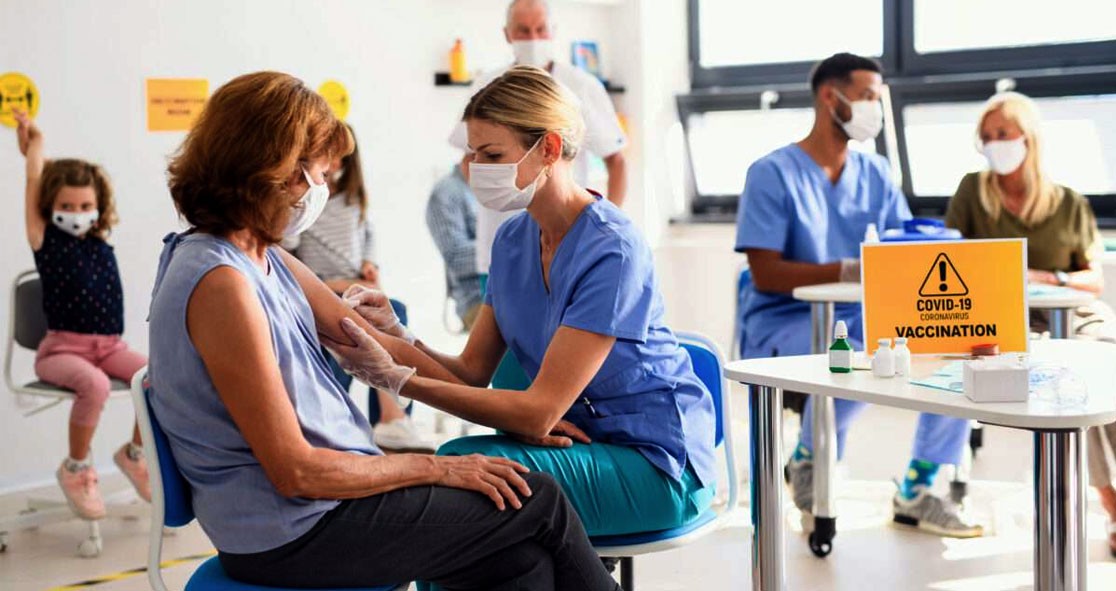A new study published last week in the journal Cancer Cell has found that the currently available COVID vaccines are safe and effective in patients with cancer.
Researchers at Montefiore Health System and Albert Einstein College of Medicine in the Bronx, NY, reviewed 200 patients with a wide spectrum of cancer diagnoses and found that after full vaccination, 94% of patients demonstrated seroconversion – the development of SARS-CoV-2 antibodies in the blood serum as a result of immunization.
The team found that the response rate was high in patients with solid tumors, while it was low in people with certain blood cancers. However, the majority of those patients showed an immune response.
The study’s senior co-author Dr. Amit Verma said, “Studies from early in the pandemic found that cancer patients who get COVID-19 have higher rates of morbidity and mortality compared to the general population.”
“We really need efforts to protect these vulnerable patients from infection,” he added. “This study should help people feel reassured that these vaccines work very well, even in those receiving chemotherapy or immunotherapy.”
Dr. Verma is the director of the Division of Hemato-Oncology at Montefiore and professor of medicine and of developmental and molecular biology at Einstein.
Another senior co-author Dr. BalazsHalmos said, “This study confirms that there is no need for patients to wait for vaccination until they finish their chemotherapy or immunotherapy.”
“The side effects from vaccination seen in these populations were not substantially worse than in other groups,” he added. “Not a single patient had to go to the emergency room or be admitted to the hospital because of side effects from the vaccines.”
After vaccination, the researchers found that patients with solid tumors had 98% seroconversion, while patients with hematologic cancers had a seroconversion rate of 85%.
Furthermore, patients who were receiving therapies for blood cancers had a seroconversion rate of 70% and those who had a bone marrow or stem cell transplant had a seroconversion rate of 74%.
The study’s first author Dr. Astha Thakkar said, “Although those receiving treatments that affect B cells didn’t do as well, patients with blood cancers that affect the myeloid cells rather than the lymphoid cells had a pretty good response with regard to seropositivity. This includes people with acute myeloid leukemia and myelodysplastic syndrome.”
The team explained that their findings are significant because they studied patients with a broad range of cancers and who were undergoing several different treatments.
Dr. Halmos said, “The patients themselves were also diverse and were representative of the patients we treat in the Bronx. About one-third were Black and 40% were Hispanic.”
“Vaccination among these populations has been lower, even though these groups were hardest hit by the pandemic,” Dr. Verma said. “It’s important to stress how well these patient populations did with the vaccines.”
The article was published in Science Daily.























